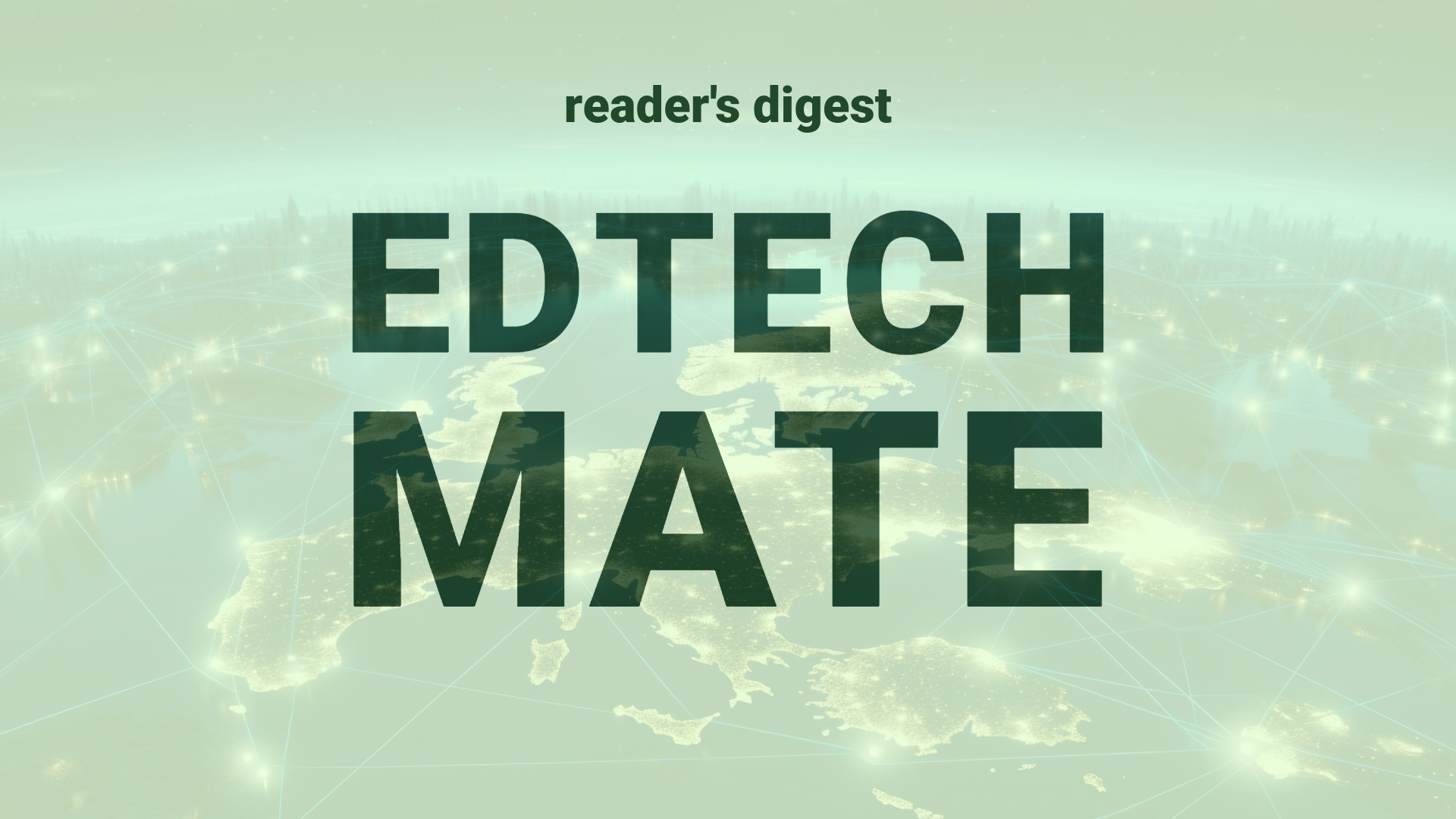Executive Summary and Main Points
The emergence of IT initiatives driving business value corresponds to better experiences for employees and customers, deeper insights from data, and enhanced intelligence for operational improvements. IT projects are distinctly aligned with the broader business objective of building more streamlined and profitable enterprises. This has necessitated the integration of various data sets into data lakehouses to bolster automation, analytics, and AI ambitions, enhancing decision-making capabilities and user experiences.
Potential Impact in the Education Sector
The adoption of data lakehouses and unified IT strategies in the education sector can significantly impact Further Education, Higher Education, and Micro-credentials. Integrated data ecosystems can enable personalized learning experiences and informed strategic partnerships. As AI becomes a focal point for CEOs, its application in EdTech can foster competitive growth in the education marketplace with smarter decision-making tools, and digitalization facilitates agility and innovative learning solutions.
Potential Applicability in the Education Sector
Innovative applications involving AI, such as predictive analytics for student success and machine learning for personalizing curriculum, can be tailored to global education systems. Harnessing data across multiple platforms can create a unified educational experience that caters to diverse learning needs while enhancing operational efficiency in the sector. Strategic partnerships, bolstered by these technological advancements, can lead to synergies between educational institutions and tech companies.
Criticism and Potential Shortfalls
Despite these advancements, there is potential criticism concerning the depersonalization of education, increased reliance on technology that may overlook cultural and ethical considerations, and the risk of widening the digital divide. International case studies show varying levels of success in digital transformation in higher education, highlighting the need for contextual and localized AI solutions. Moreover, securing student data privacy remains paramount amidst increasing digital integration.
Actionable Recommendations
To effectively implement these technologies, education leaders should ensure that AI and data analytics tools align with pedagogical goals and student outcomes. Building collaborations with technology vendors that understand the unique needs of educational ecosystems is recommended. Additionally, leaders should promote digital literacy and continuous staff development to navigate the intersection between education and technology effectively. Establishing robust data governance frameworks will safeguard against ethical concerns and privacy issues.
Source article: https://www.cio.com/article/2514437/%E4%BB%8A%E6%97%A5%E3%81%AE-it-%E3%83%AA%E3%83%BC%E3%83%80%E3%83%BC%E3%81%AB%E5%AF%BE%E3%81%99%E3%82%8B-ceo-%E3%81%AE%E6%9C%80%E5%84%AA%E5%85%88%E4%BA%8B%E9%A0%85.html

